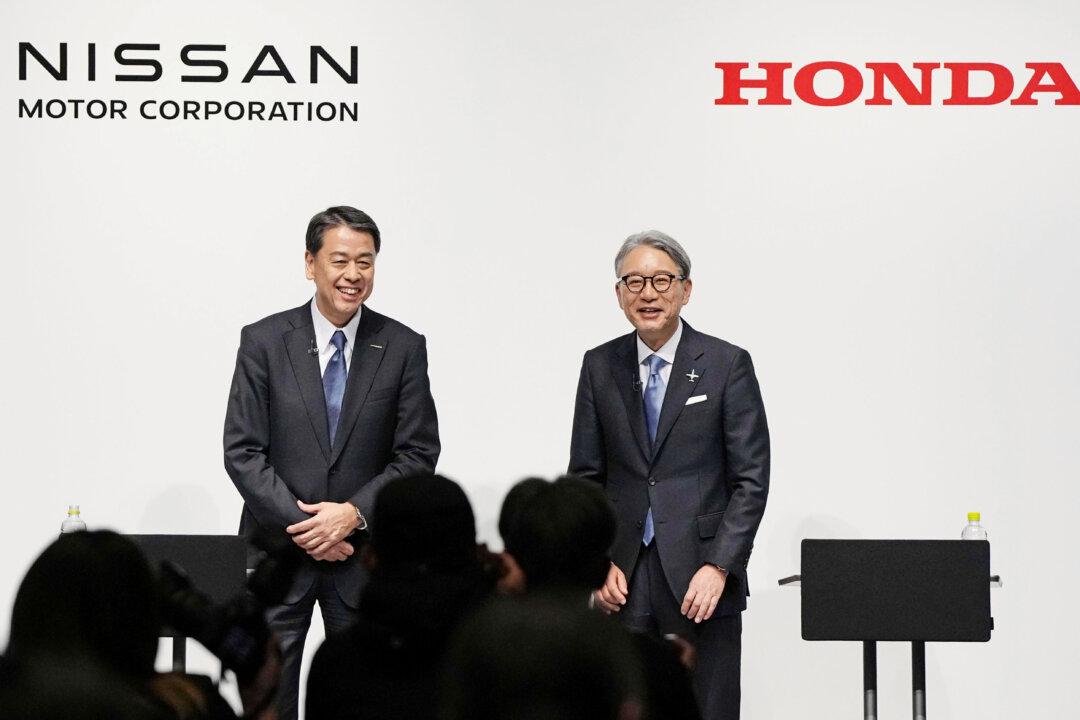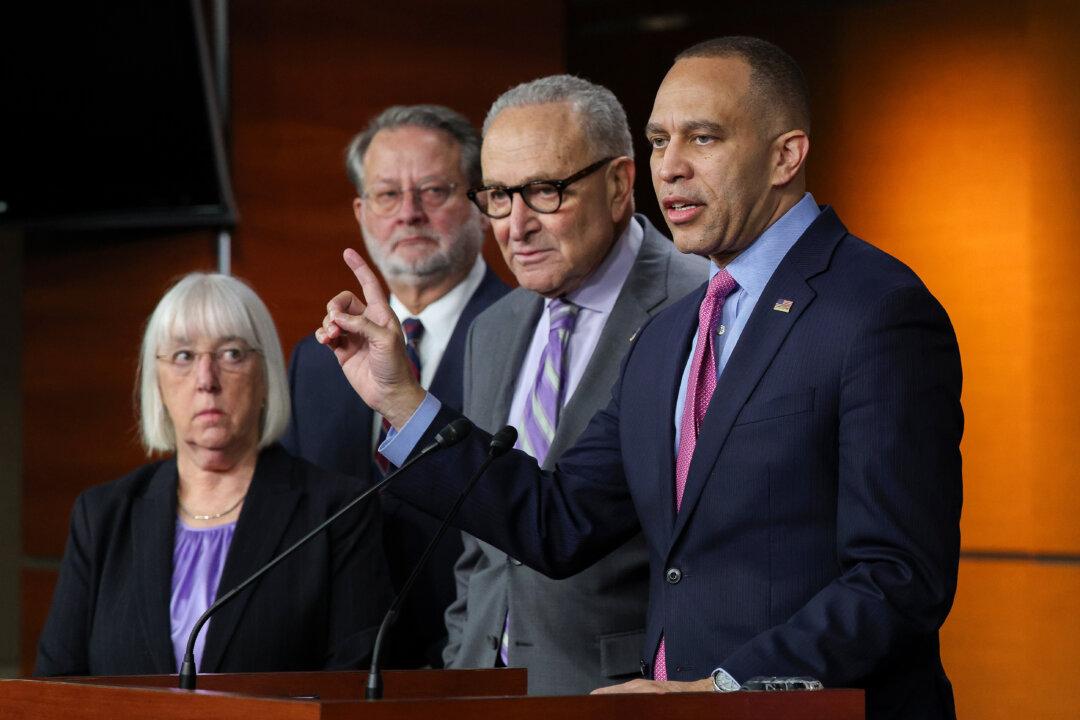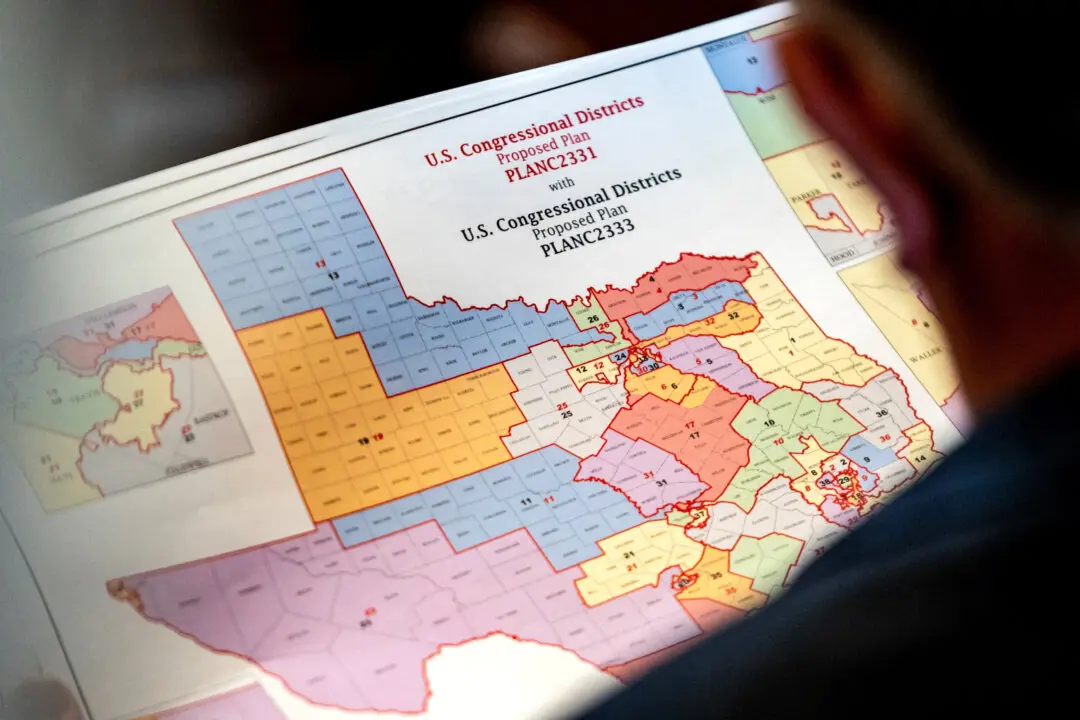Nissan and Honda have confirmed they are in talks to merge, stating on Dec. 23 that Mitsubishi Motors is also examining how it might join the prospective union.
Executives from Nissan Motor Co. Ltd. and Honda Motor Co. Ltd. jointly revealed they have signed a memorandum of understanding to investigate full business integration through the creation of a publicly listed joint holding company that would become the parent of both Nissan and Honda.





